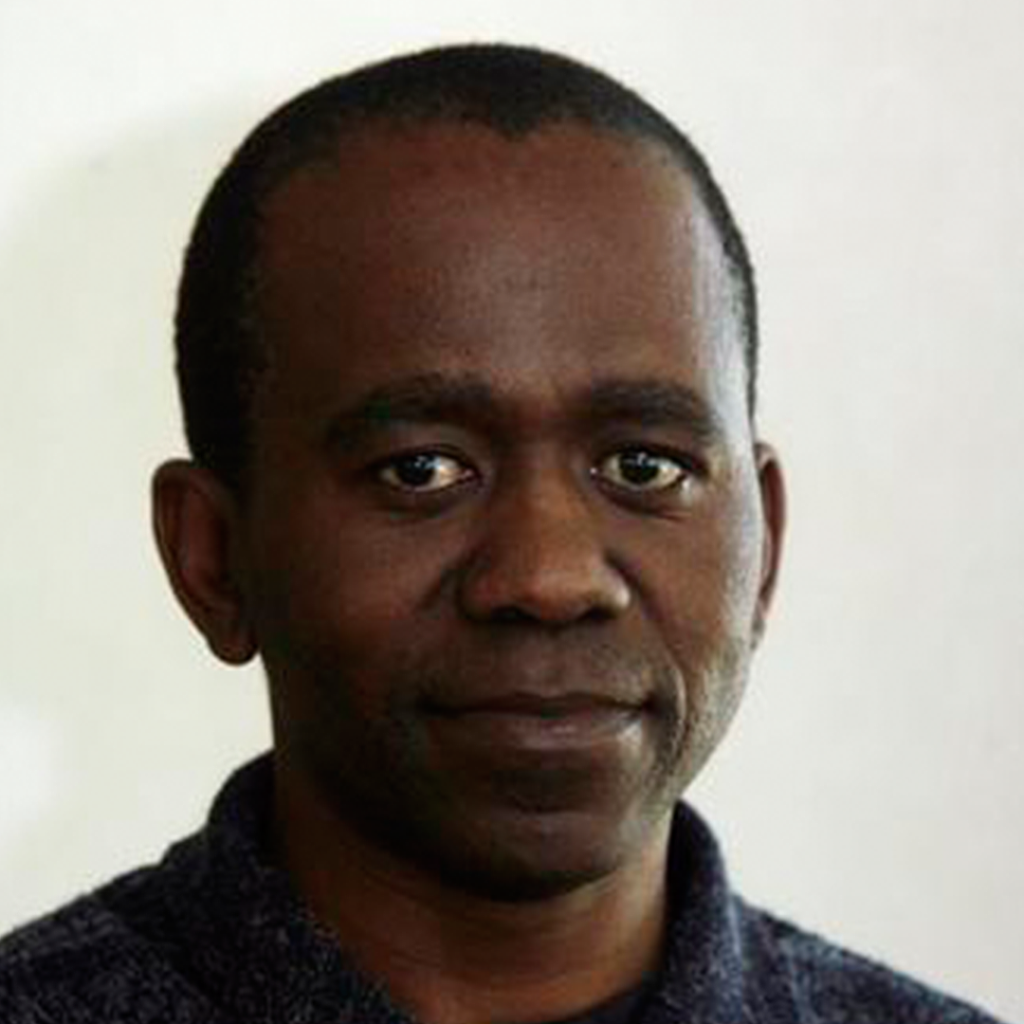Johannes "Spokes" Mashiyane, known as the "King of Kwela," revolutionized South African music with his innovative pennywhistle melodies, making kwela the dominant dance music of his time. His influential career, marked by groundbreaking albums and international recognition, left an enduring legacy that continues to inspire musicians today.
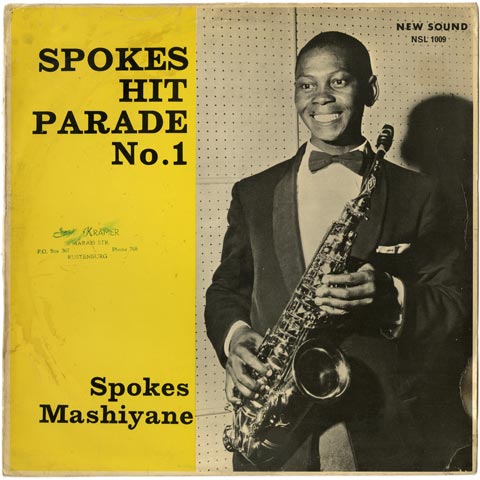
Johannes "Spokes" Mashiyane was born on January 20, 1933, in Vlakfontein (Mamelodi), Pretoria, South Africa. His early life followed a pattern typical of many country-born Africans of that era, as he would go on to become one of the most influential kwela artists of all time, earning the title "King of the Pennywhistle" through his revolutionary approach to the instrument.
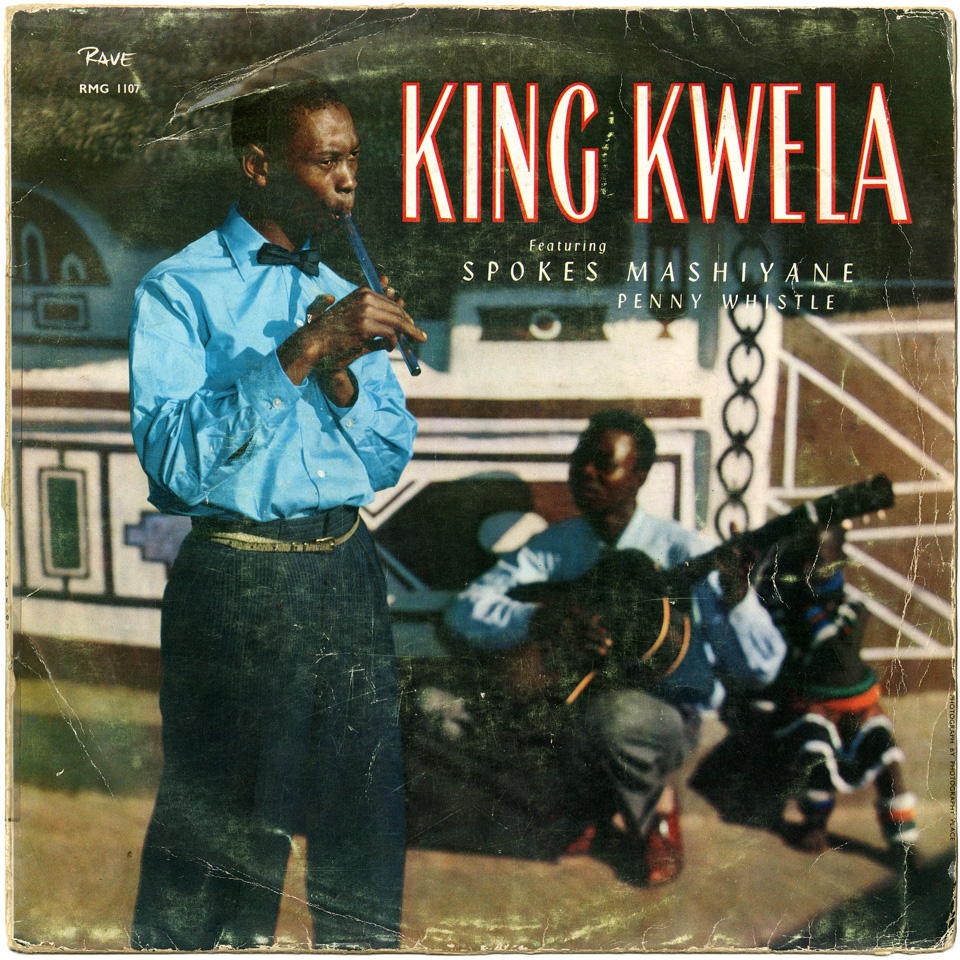
Spokes developed an interest in music while working as a young domestic servant in northern Sotho. It was during this period that he was exposed to kwela music - a style characterized by pennywhistle-based melodies with jazz and skiffle influences. He deliberately chose the pennywhistle for its simplicity and ability to bend notes, which would become a hallmark of his distinctive playing style.

Spokes Mashiyane's musical career began in the 1950s, quickly establishing himself as a pioneering force in the kwela genre. His recordings gained significant attention throughout South Africa, with his quick success at Trutone, his original record label, including several notable "firsts" in the industry.
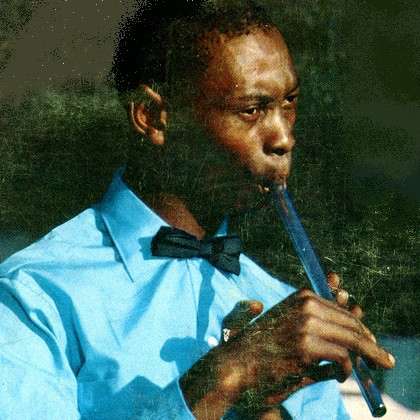
Mashiyane released several influential albums throughout his career:- King Kwela (1958)- Spokes of Africa (1959)- Sweet Sax Sweet Flute (1962)- King of the Pennywhistle (1969)
His 1958 saxophone experiment "Big Joe Special" is particularly significant as it helped create mbaqanga (a style of South African jazz) and marked the beginning of the end for the kwela era that he had helped define.
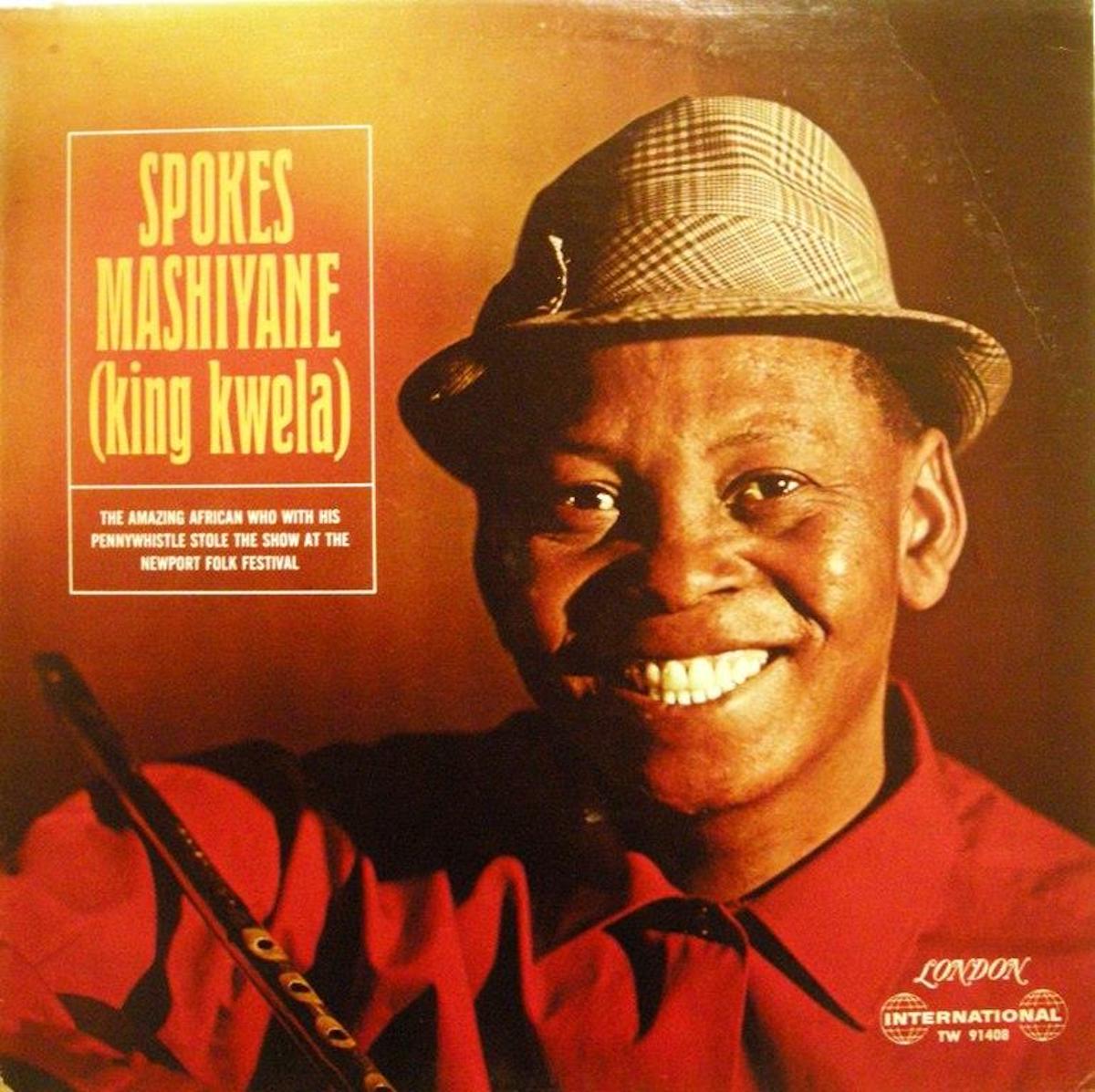
By the 1960s, Spokes had begun gaining international recognition, performing with visiting musicians like Bud Shank. A significant milestone in his career was performing at the Newport Folk Festival in 1965, although his appearance was unfortunately overshadowed by the controversial "Dylan goes electric" incident that dominated headlines from the festival.
Following his American tour, Mashiyane incorporated his experiences into his music, releasing songs referencing his travels such as "New York City" (1965), "5th Avenue" (1965), and later "Newport" (1969) and "America" (1969). These later tracks were upbeat remakes of his earlier songs, featuring his pennywhistle playing against the backdrop of mbaqanga music.
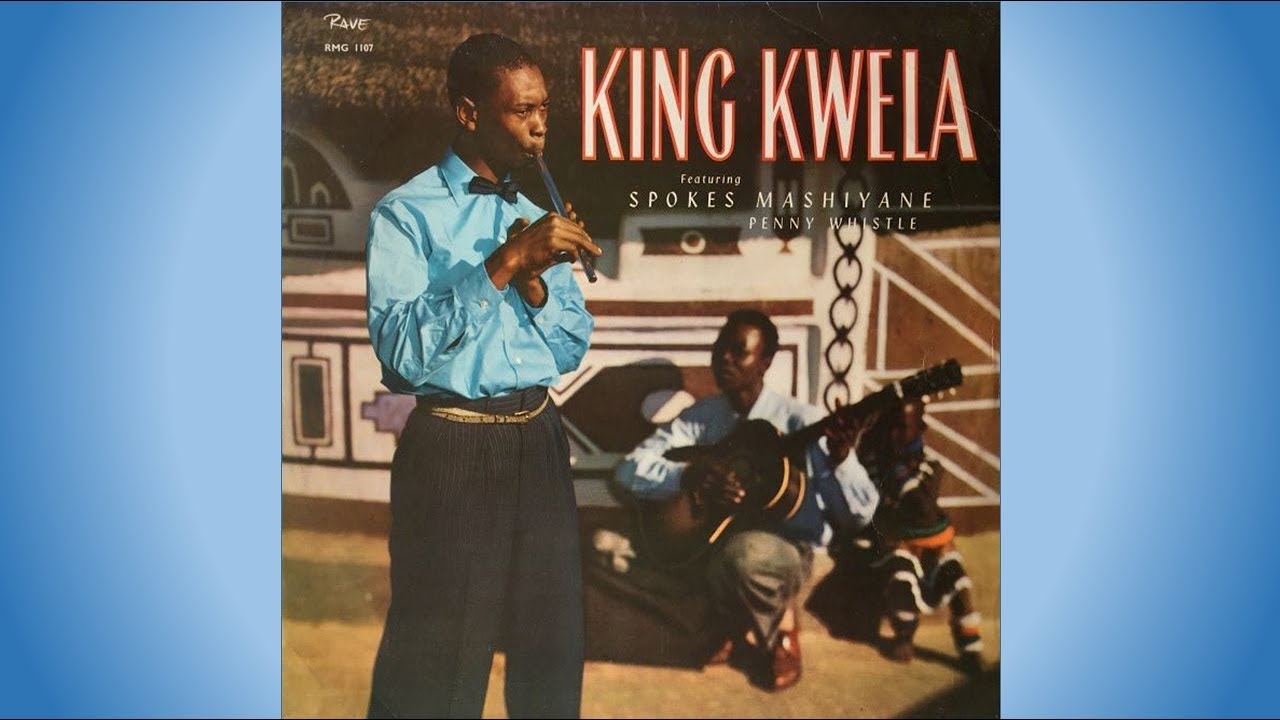
Spokes Mashiyane is acknowledged as one of the most influential kwela artists of all time. With his pennywhistle melodies, he helped make kwela the dominant dance music in South Africa during his era. His innovative approach to the instrument and his ability to blend traditional sounds with contemporary influences established him as a pioneering figure in South African music.
His final album, "King of the Pennywhistle" (1969), served as a retrospective of his career, featuring his greatest hits, significant performances, and musical innovations. This album represented the culmination of a career that had transformed South African music and influenced generations of musicians.
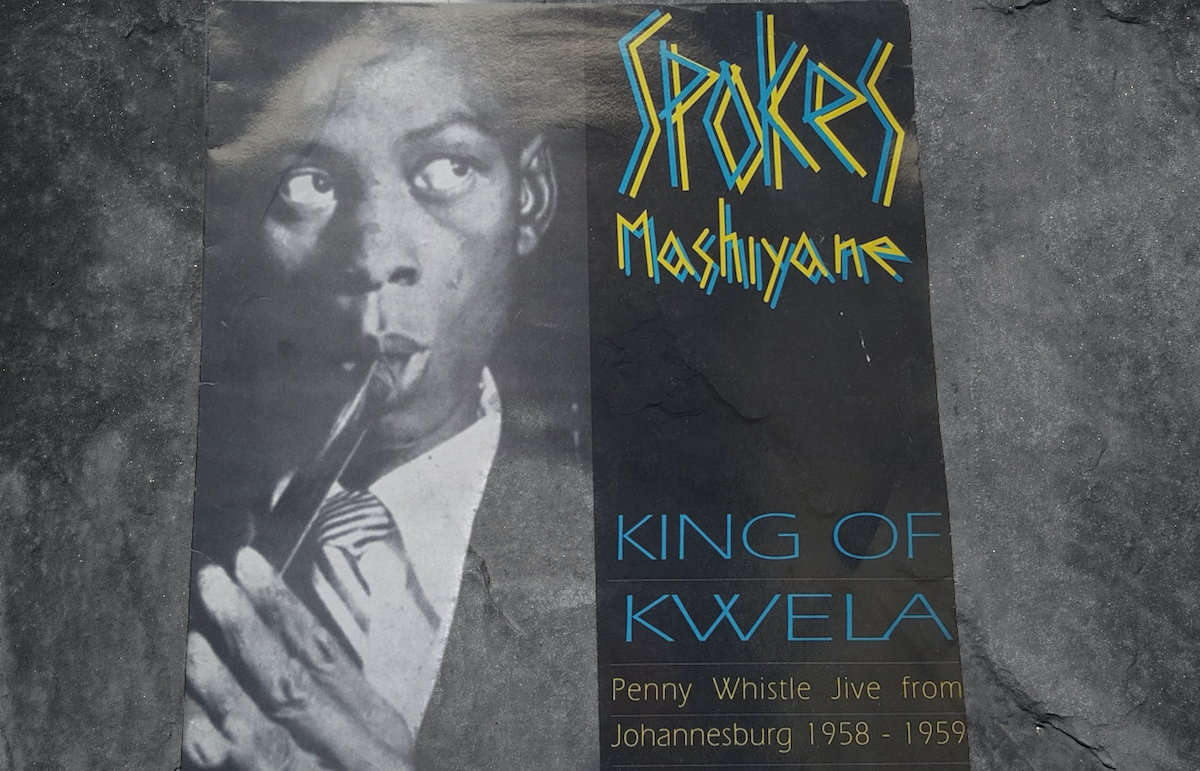
Despite his musical success, Spokes Mashiyane faced personal struggles. He died on February 9, 1972, at Baragwanath Hospital from cirrhosis of the liver. He was only 39 years old at the time of his death, cutting short a remarkable musical career that had spanned nearly two decades.

Though his life ended prematurely, Spokes Mashiyane's musical legacy continues to inspire kwela and world music enthusiasts. His innovative approach to the pennywhistle and his role in developing South African musical styles cement his place as one of the country's most important musical figures of the 20th century.
